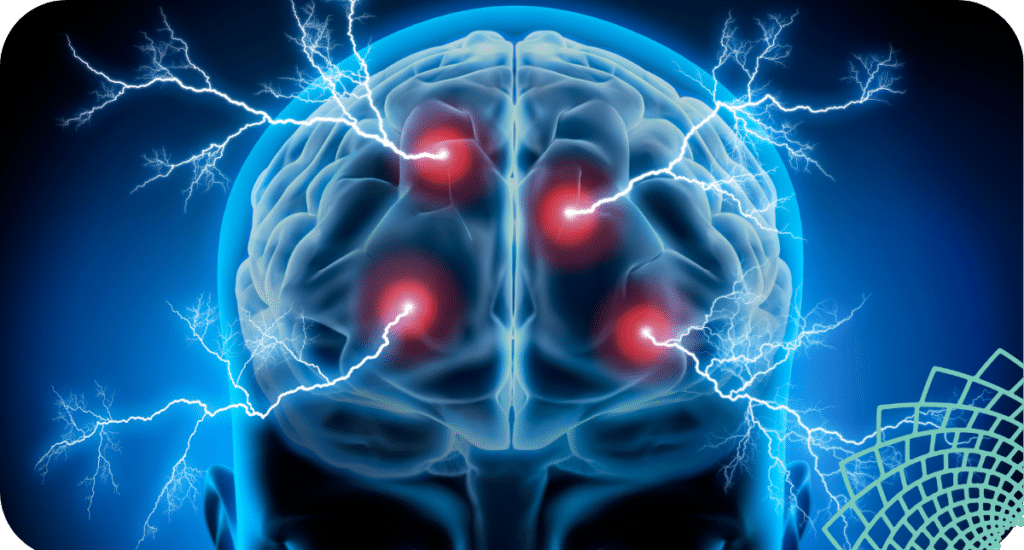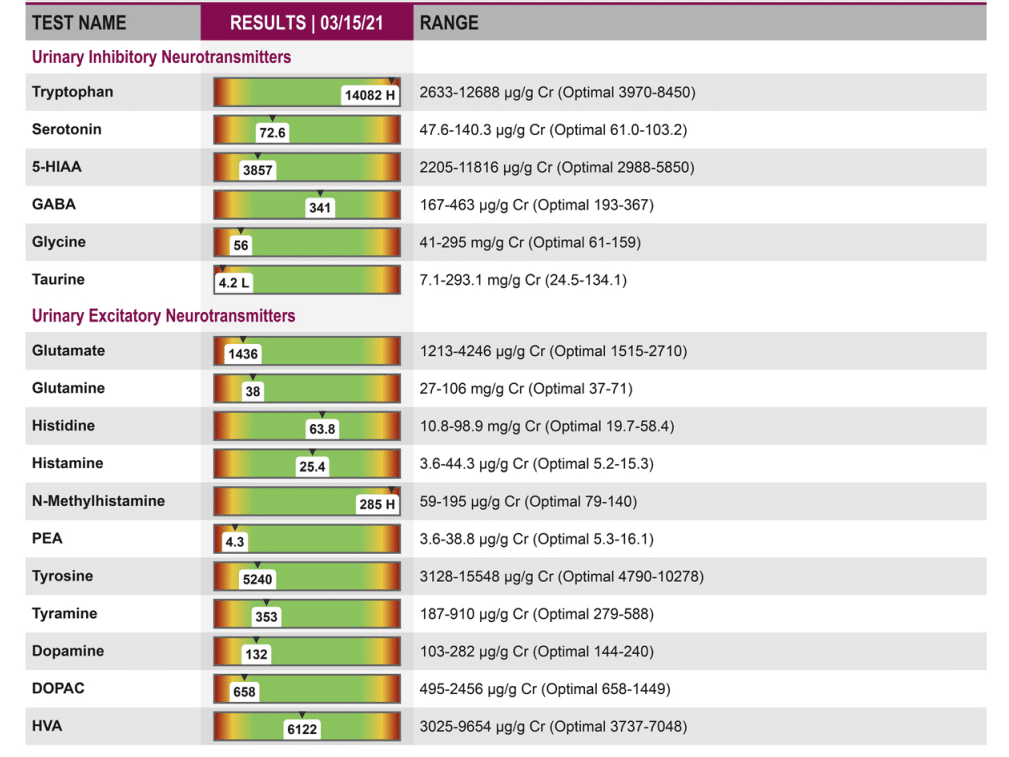“Neurotransmitters are chemical messengers that transmit signals across synapses from one neuron to another.”
Neurotransmitters are vital for brain function, influencing mood, sleep, and cognition. These chemical messengers transmit signals between neurons. Consequently, when neurotransmitter levels become imbalanced, various health issues can arise. Recognizing the signs early can help you address these imbalances effectively. In this blog, we will explore the signs of a neurotransmitter imbalance.

What Are Neurotransmitters and Why Are They Important?
Understanding the intricate workings of our brain is crucial for maintaining overall health. Neurotransmitters play a pivotal role in this process. But what exactly are they? Neurotransmitters are chemical messengers that transmit signals across synapses from one neuron to another. They regulate a myriad of functions, including mood, sleep, and cognitive abilities. Essentially, they help orchestrate the complex symphony of our brain's activities.
Several key neurotransmitters have distinct roles. For example, serotonin influences mood, appetite, and sleep. Dopamine is integral for motivation and pleasure. GABA (gamma-aminobutyric acid) acts as a primary inhibitory neurotransmitter, promoting relaxation and reducing anxiety. Meanwhile, norepinephrine affects attention and responding actions. Understanding these neurotransmitters' functions helps us comprehend signs of a neurotransmitter imbalance and how imbalances can impact our well-being.
What Can Cause Neurotransmitters to Become Out of Balance?

Several factors can influence signs of a neurotransmitter imbalance. Poor diet is a major contributor as nutrient deficiencies can disrupt neurotransmitter production. Additionally, chronic stress can deplete neurotransmitter levels, leading to imbalance.
Moreover, lack of sleep can affect neurotransmitter regulation. Sleep is essential for neurotransmitter synthesis and balance. Substance abuse, including alcohol and drugs, can also alter neurotransmitter levels.
Finally, underlying health conditions like hormonal imbalances and gut health issues can disrupt neurotransmitter production and function.
Understanding these causes can help you take proactive steps to maintain neurotransmitter balance and overall brain health.
5 Signs of a Neurotransmitter Imbalance

1. Mood Swings
Firstly, experiencing frequent and severe mood swings can be a sign of a neurotransmitter imbalance. Serotonin and dopamine, crucial for regulating mood and emotions, can cause significant shifts in mood when out of balance.
2. Sleep Disturbances
Insomnia or excessive sleepiness may point to signs of a neurotransmitter imbalance like serotonin and GABA. These neurotransmitters help regulate the sleep-wake cycle, so their imbalance can disrupt normal sleep patterns.
3. Anxiety and Stress
High levels of anxiety and chronic stress might be linked to imbalances in neurotransmitters such as GABA and norepinephrine. Specifically, these neurotransmitters manage stress responses and relaxation.
4. Fatigue and Low Energy
Persistent fatigue and low energy levels can signal a problem with a neurotransmitter imbalance like dopamine and norepinephrine. These neurotransmitters are vital for motivation and energy regulation.
5. Cognitive Difficulties
Difficulty concentrating, memory lapses, and brain fog can be signs of a neurotransmitter imbalance, particularly those of glutamate and dopamine. These chemicals are crucial for cognitive functions and mental clarity.
Testing for Neurotransmitter Imbalances

To determine if you have a neurotransmitter imbalance, consider taking the Mood & Mind Neurotransmitter Test. This at-home test analyzes neurotransmitter levels through a simple urine sample. By identifying sings of a neurotransmitter imbalance, you can tailor your approach to restoring balance and improving overall health.
Learn More About Signs of a Neurotransmitter Imbalance with the IHP Level 3 Health Coaching Certification
For those interested in a deeper understanding, the IHP Level 3 Health Coaching Certification from the Integrative Health Practitioner Institute offers comprehensive training. This program covers the functions of neurotransmitters, signs of imbalance, and how to interpret at-home neurotransmitter tests. You'll also learn effective strategies to balance neurotransmitter levels naturally. Equip yourself with the knowledge and skills to help others achieve optimal brain health and well-being.
By recognizing the signs of a neurotransmitter imbalance and knowing how to address them, you can take proactive steps toward better mental and physical health. Whether through testing or advanced education, understanding neurotransmitters is key to maintaining a balanced and healthy life.
To take the next step in your journey, schedule a call with an Admissions Counselor today.










